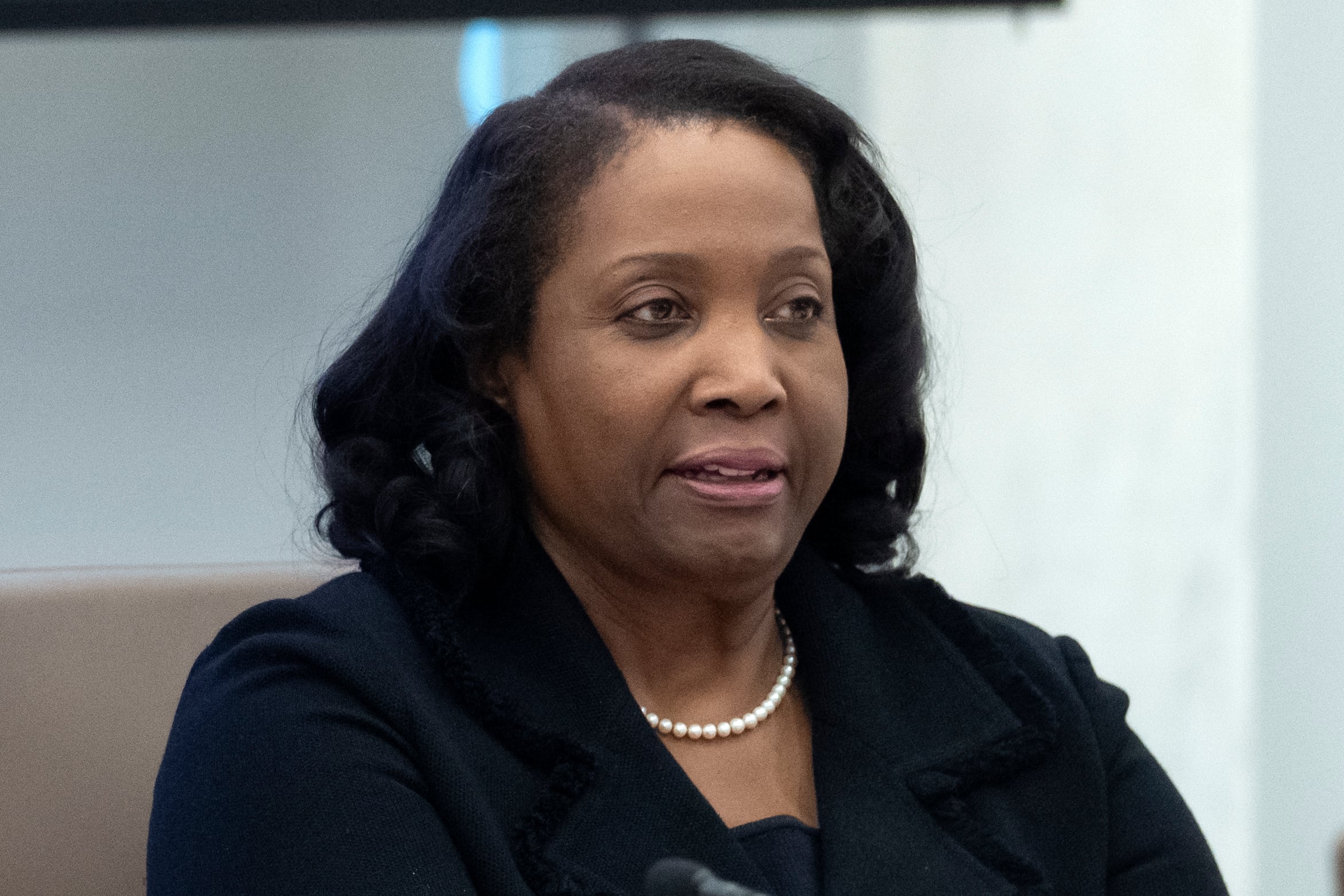Last week, Michigan Secretary of State Jocelyn Benson announced that her office would send every registered voter in the state an absentee ballot application ahead of the November general election. The move was expected, given that Michigan voters had approved a ballot measure in 2018 to give every voter a chance to vote absentee with "no excuse." But it was met with fury from President Trump, who falsely claimed that Benson, a Democrat, was sending actual ballots to voters. While he later corrected that mistake on Twitter, the president continued to accuse Benson of "illegally" overstepping her authority, calling her a "rogue Secretary of State."
In an interview on Cheddar, Benson pushed back against President Trump's attacks on mail-in voting, which have continued for days, leading Twitter to put up its first fact checks on the president's account. "He got it wrong," Benson said, arguing that her office is trying to provide "certainty and clarity at a time of great uncertainty" and noting that she had the "authority and responsibility" to send mail-in ballot applications to all Michigan voters.
"It's simply a way to educate our voters about their choice to vote by mail this fall," Benson said. "It's really not something that should be controversial at all."
Vote-by-mail has taken on a new level of importance this election year, with many states resigned to the fact that the pandemic is likely to keep some voters away from polling places this fall, especially if a second wave of the coronavirus hits. Michigan is not the only state to expand absentee voting this year; California and New Hampshire have also announced rule changes for the election, and several other states are trying to find ways to make it easier for residents to vote absentee. The Trump campaign, and Trump himself, are against these changes — the RNC is suing to block California's order, and the president has already put down a marker for what may be expected to come if more states follow, tweeting that voting by mail will result in a "rigged election."
Election security experts say that the risk of fraud with mail-in voting is somewhat higher than with in-person voting, where it is virtually nonexistent, although President Trump has shared concerns about that, too. Benson says Michigan is working on ways to ensure the sanctity of the election, including the implementation of signature checks on ballots and envelopes, similar to how poll workers check voter signatures against past signatures when they show up to vote.
"It's very difficult, if not impossible, to forge someone's signature," she said.
The bigger issue may have to do with the speed, rather than the accuracy, of the results. Benson said that because current law stipulates that poll workers can't even open mailed-in ballots until Election Day, it may take more time — possibly days — for Michigan's official results to be certified. She said her office is efforting more machines and workers to cut that time down come November.
Her main concern, she said, is the president and his supporters sowing the seeds of doubt about the legitimacy of the election before anyone has had a chance to cast a ballot.
"I anticipate these attacks on the sanctity of our process...will only increase in the months ahead," Benson said. "We all have to be vigilant against that."












